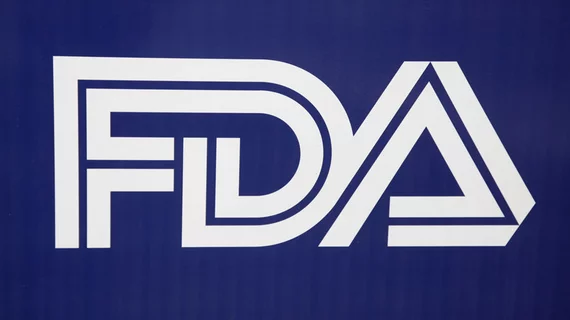FDA awards $6.6M grant to pediatric group for work with medical devices
A pediatric group has been awarded a multi-million dollar grant to continue its effort to promote the development and clinical use of pediatric medical devices.
The West Coast Consortium for Technology and Innovation in Pediatrics (CTIP) was recently awarded a five-year, $6.6 million grant by the FDA. According to a press release, the organization promotes the commercialization and clinical use of pediatric medical device technology and is based at the Children’s Hospital Los Angeles and University of Southern California.
“The group fosters networking opportunities, direct and indirect financial support and guidance on issues related to intellectual property, prototyping, engineering, testing, grant writing and clinical trial design—all on the road to getting the devices to market,” the release stated.
The grant will allow the organization to continue its work to improve “child health outcomes by advancing pediatric medical devices.”
“Our mission is to improve health outcomes for our vulnerable pediatric population,” Juan Espinoza, MD, general pediatrician at Children’s Hospital Los Angeles and co-director of CTIP, said in a statement. “To be recognized by the FDA as a center of excellence for pediatric innovation and to serve as a national resource for pediatric device development is both a great honor and great responsibility. We feel fortunate to be working with some of the finest institutions on the West Coast to support and foster collaboration in medical technology development.”

